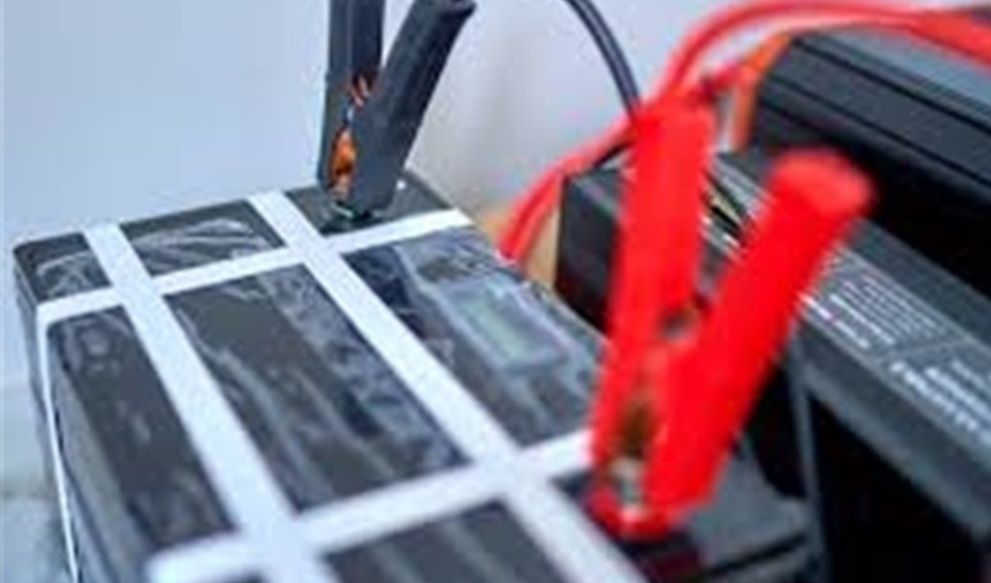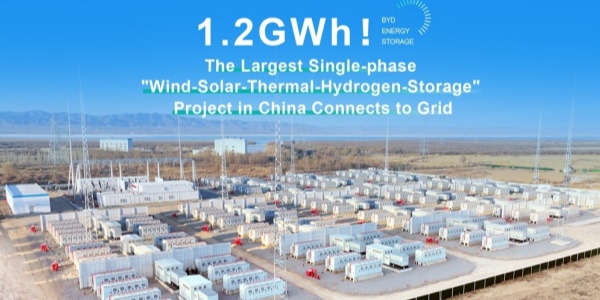Lithium Thionyl Chloride (LiSOCl2) Batteries vs. LiFePO4 Batteries: How to Choose the Most Suitable Battery Based on Your Needs

With the ongoing global energy transition, choosing the right battery technology has become an important decision factor in both daily life and industrial applications. Lithium Thionyl Chloride (LiSOCl2) batteries and LiFePO4 batteries are two of the most common types of lithium batteries today. Each has its own characteristics in terms of application scenarios and performance. In many cases, how to choose the most suitable battery based on different needs is a crucial decision for both consumers and businesses.
Factors for Choosing Between LiSOCl2 and LiFePO4 Batteries:
A Lithium Thionyl Chloride (LiSOCl2) battery is based on a lithium metal and thionyl chloride (LiSOCl2) chemical system. It is known for its high energy density and long-duration discharge characteristics. These batteries are typically used in low-power devices that require long-term stable operation, especially in extreme temperature conditions where they still maintain good performance. They are widely used in remote sensing devices, smart meters, medical equipment, and some industrial sectors, particularly in situations where frequent battery replacements or recharges are not feasible. The long-term stability and low self-discharge rate of Lithium Thionyl Chloride (LiSOCl2) batteries are their standout advantages.
On the other hand, LiFePO4 batteries use lithium iron phosphate as the positive electrode material. Compared to Lithium Thionyl Chloride (LiSOCl2) batteries, LiFePO4 batteries have higher safety and longer lifespan. They are primarily used in high-power applications that require faster charging, such as electric vehicles (EVs), energy storage systems, home appliances, and other high-power scenarios. LiFePO4 batteries excel in their thermal stability and overcharge resistance, maintaining high safety even in high-temperature environments. Their cycle life generally exceeds 2000 charge/discharge cycles, making them ideal for applications requiring frequent charging and discharging.
From a consumer perspective, the choice of battery often depends on the use case, cost, and specific performance needs. For applications requiring long operational periods with fewer recharges or battery replacements, Lithium Thionyl Chloride (LiSOCl2) batteries are undoubtedly a better choice. For example, in smart metering, remote monitoring devices, and other fields where battery replacement is difficult and the weight of the device must be light, Lithium Thionyl Chloride (LiSOCl2) batteries can provide long-lasting, stable power, meeting the needs of low-power devices over extended periods.
However, for applications requiring higher power output, frequent charging and discharging, or a high demand for safety, LiFePO4 batteries are the better option. For electric vehicles, for instance, LiFePO4 batteries provide higher power density and faster charging speeds, making them well-suited for modern electric transportation needs. Additionally, due to the long lifespan of LiFePO4 batteries, consumers are less likely to worry about battery replacement or maintenance during the entire lifecycle of their electric vehicles, thus reducing long-term operational costs.
Of course, cost is another important factor for consumers when choosing a battery. While Lithium Thionyl Chloride (LiSOCl2) batteries excel in energy density and long-duration discharge, their manufacturing costs are relatively high, making them less economical for cost-sensitive applications compared to LiFePO4 batteries. LiFePO4 batteries, although their prices are gradually decreasing, typically offer better cost-performance ratios due to their mature technology and widespread use, especially in scenarios that require frequent use and strict cost control.
How to Choose Between LiSOCl2 and LiFePO4 Batteries?
In conclusion, when selecting either a Lithium Thionyl Chloride (LiSOCl2) battery or a LiFePO4 battery, consumers should consider the following aspects:
· Firstly, determine the primary application field of the battery, whether the device requires long, stable, low-power supply or frequent charging and high-power output;
· Secondly, assess the safety requirements of the device, particularly for those working in high-temperature environments or extreme conditions;
· Finally, weigh the budget and long-term operational costs of the battery to choose the most suitable type. Energyx offers high-quality Lithium Thionyl Chloride (LiSOCl2) and LiFePO4 batteries to meet your diverse application needs, and we can provide customized solutions. Interested? Feel free to contact us.
In summary, both Lithium Thionyl Chloride (LiSOCl2) batteries and LiFePO4 batteries have their strengths. Consumers need to choose the most suitable battery type based on their specific needs, operating environment, and budget to achieve the best performance and cost-effectiveness.
Why Trust EnergyX for Your Battery Needs?
EnergyX provides high-quality Lithium Thionyl Chloride (LiSOCl2) and LiFePO4 batteries to meet your various application needs. We also offer customized solutions. Interested? Please feel free to contact us.

